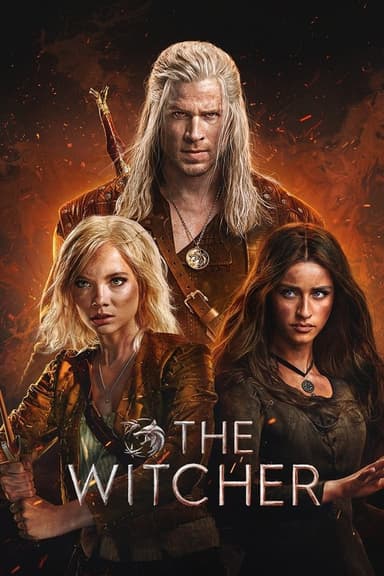
Guardians of the Dafeng
2024 • Action & Adventure, Comedy, Drama, Mystery
Xu Qi’an, a recent police academy graduate, awakens in a strange world filled with Confucians, Taoists, Buddhists, demons, and warlocks. Facing imminent exile to a remote frontier town, he seizes the chance to change his fate by joining a powerful organization of guardians.
Why you should read the novel
Reading the original novel 'Da Feng Guardian' offers a captivating dive into a meticulously crafted world, full of detail and imaginative depth that far surpasses what even the best TV series can portray. By exploring the book, readers experience the protagonist's inner thoughts, vivid observations, and the philosophical undertones that shape Dafeng's mystical universe, none of which are fully conveyed through visual adaptation. The book’s narrative pacing and poetic exposition let you savor the story, giving proper attention to its moments of suspense, reflection, and character growth.
Only in the novel can you witness how the lore, history, and magic systems intertwine with the beliefs and actions of the characters, forming a rich underlying tapestry. The slow build-up of tension, the intimate exchanges, and the nuanced development of relationships are at the heart of Kangyu Huanyao’s storytelling, rewarding attentive and thoughtful readers. The book invites you to interpret its mysteries at your own pace, leading to a far more immersive and introspective journey than a television broadcast allows.
Choosing the source material over the adaptation provides the pleasure of piecing together clues, imagining the grandeur of the world, and drawing your own emotional connections. It’s a treat for fans who appreciate depth over spectacle, and those who seek to grow with the story’s characters through their challenges and triumphs, thus creating a bond that only great novels can foster.
Adaptation differences
The television adaptation of 'Guardians of the Dafeng' streamlines many complex plotlines found in the book. Some supporting characters and subplot arcs are omitted or merged for pacing reasons, resulting in a more straightforward story that’s easier to follow in episodic format. The show also condenses several events, sometimes combining two or more book chapters into single episodes, which significantly changes the build-up of tension and character relationships.
A notable difference is the alteration of several character backstories and motives to cater to a broader television audience. For example, certain morally ambiguous choices in the novel are softened in the series, making the protagonists more conventionally heroic and relatable, but losing some of the grey morality and internal conflict that fuel the book’s original narrative depth. The show also simplifies the magic system, using more visual effects but less nuanced explanation, prioritizing spectacle over the intricate rules of sorcery that are painstakingly detailed in the text.
Several themes present in the book—like social commentary, philosophical musings, and the nature of power—are downplayed or addressed more superficially in the adaptation. Scenes that in the novel prompt deep reflection or debate are shortened or altered to maintain pacing and accessibility for a general audience. Surprisingly, some of the book’s darker or more tragic moments are either omitted or lightened to avoid alienating viewers who expect a more optimistic tone from fantasy series.
Finally, the ending of the first season differs from that of the book’s initial arc, offering a more resolved conclusion and leaving out some of the lingering narrative threads that persist through the book. While this choice makes for a satisfying seasonal finale, it changes the expectation of ongoing mystery and open-endedness that defines the novel’s storytelling style. Ultimately, while the TV series offers an entertaining and visually engaging adaptation, it lacks the multi-layered narrative complexity that makes Kangyu Huanyao's work a standout in its genre.
Guardians of the Dafeng inspired from
Da Feng Guardian
by Kangyu Huanyao (also known as Mò Shūqí)

